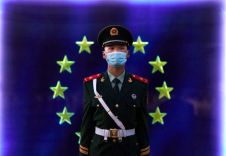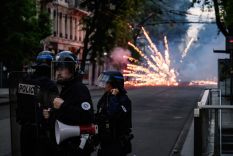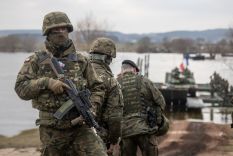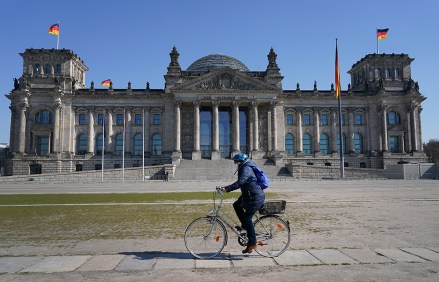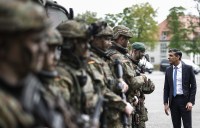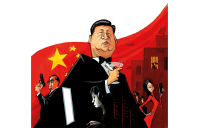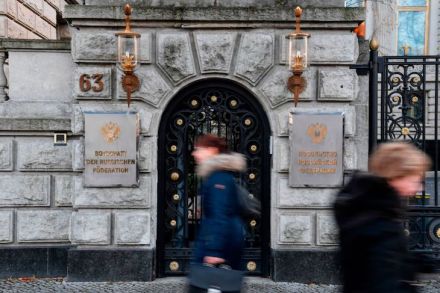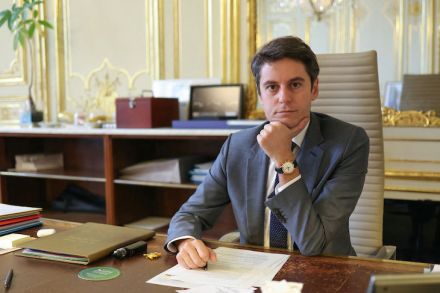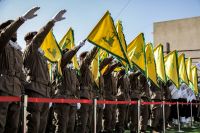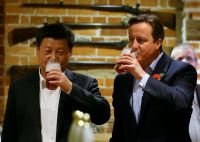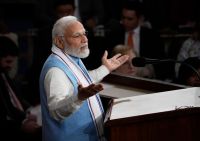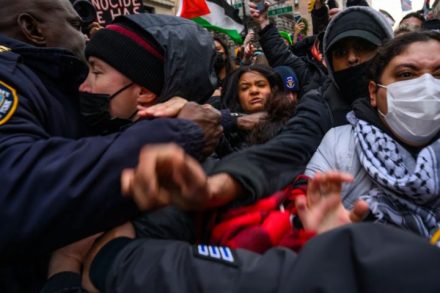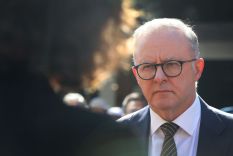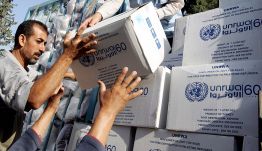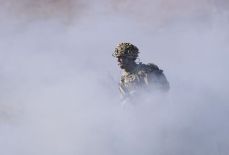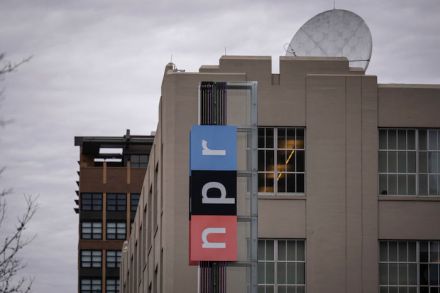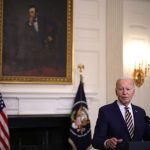Children could die because of Greenpeace’s Golden Rice activism
First, a word of warning. If you donate money to Greenpeace, you might think you’re helping save the whales or the rainforests. But in reality, you may be complicit in a crime against humanity. Last week, Greenpeace Southeast Asia and several other NGOs managed to stop the cultivation and use of vitamin A-enhanced rice in the Philippines, after the country’s court of appeal ruled in their favour. Greenpeace’s actions in blocking Golden Rice do not just tarnish its own brand, but bring the whole environmental movement into disrepute In doing so, Greenpeace have blocked a multi-year, international, publicly-funded effort to save the lives and the eyesight of millions of children



